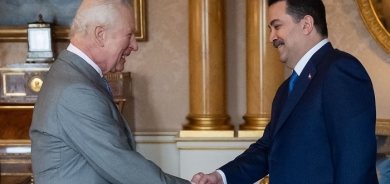EU backs Apple in Google's Motorola patent move

A statement said that the European Union had reached a "preliminary view" on a competition investigation opened in April 2012.
It had decided that Motorola Mobility's action "amounts to an abuse of a dominant position prohibited by EU anti-trust rules."
The Commission spelt out that "while recourse to injunctions is a possible remedy for patent infringements, such conduct may be abusive where standard-essential patents (SEPs) are concerned and the potential licensee is willing to enter into a licence on Fair, Reasonable and Non-Discriminatory (so-called "FRAND") terms."
EU Competition Commissioner Joaquin Almunia said: "The protection of intellectual property is a cornerstone of innovation and growth. But so is competition.
"I think that companies should spend their time innovating and competing on the merits of the products they offer -- not misusing their intellectual property rights to hold up competitors to the detriment of innovation and consumer choice."
A spokeswoman for Motorola, Katie Dove, said: "We agree with the European Commission that injunctions should only be sought against unwilling licensees and, in this case, Motorola Mobility followed the procedure established," referring to a German Supreme Court ruling.
"Apple had to make six offers before the court recognised them as a willing licensee," she said in an e-mailed reaction.
Almunia's spokesman said no view had yet been reached on a related complaint by Microsoft, but spelt out when pressed on Google's involvement -- Motorola Mobility is a wholly-owned subsidiary -- that "most of the behaviour in question took place before the company was acquired by Google."
He said the row centred on "general packet radio services technology" involving "intermediate technologies between 2G and 3G standards," in other words older mobile phone functioning.
In April 2013, the US International Trade Commission tossed out a Motorola Mobility patent claim that threatened to block the importation of some Apple iPhone models into the United States.
Motorola had accused Apple of infringing on patented technology that makes touch screens ignore fingers when people are holding smartphones to their ears for calls.
Also in April 2013, Germany's patent court invalidated a patent held by Apple -- and contested by rivals Motorola and Samsung -- on its "slide to unlock" function for smartphones. It concluded that the horizontal swiping gesture was not a technical innovation in itself and therefore did not meet requirements of European patent law.
The aim of the function was to make it easier for users to unlock their smartphone and not solve a specific technical problem, the court said.
AFP












